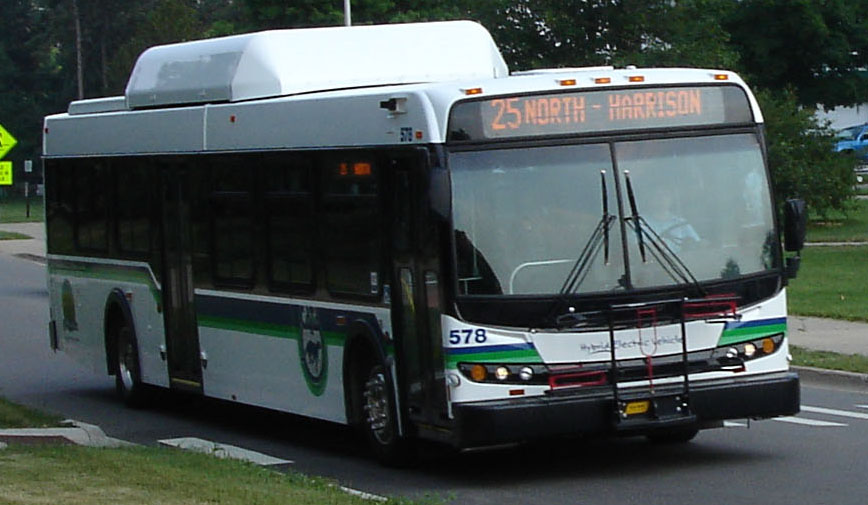Agriculture
Meat substitutes, greener fuel drive soybean demand
|
With a worldwide increase in need for food and oil, the soybean industry shows no signs of slowing down. Expanding consumer interest in plant-based foods as popular substitutes for meat could create more opportunities.


